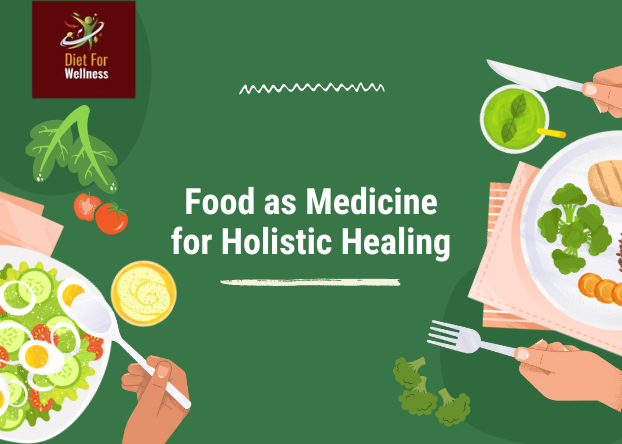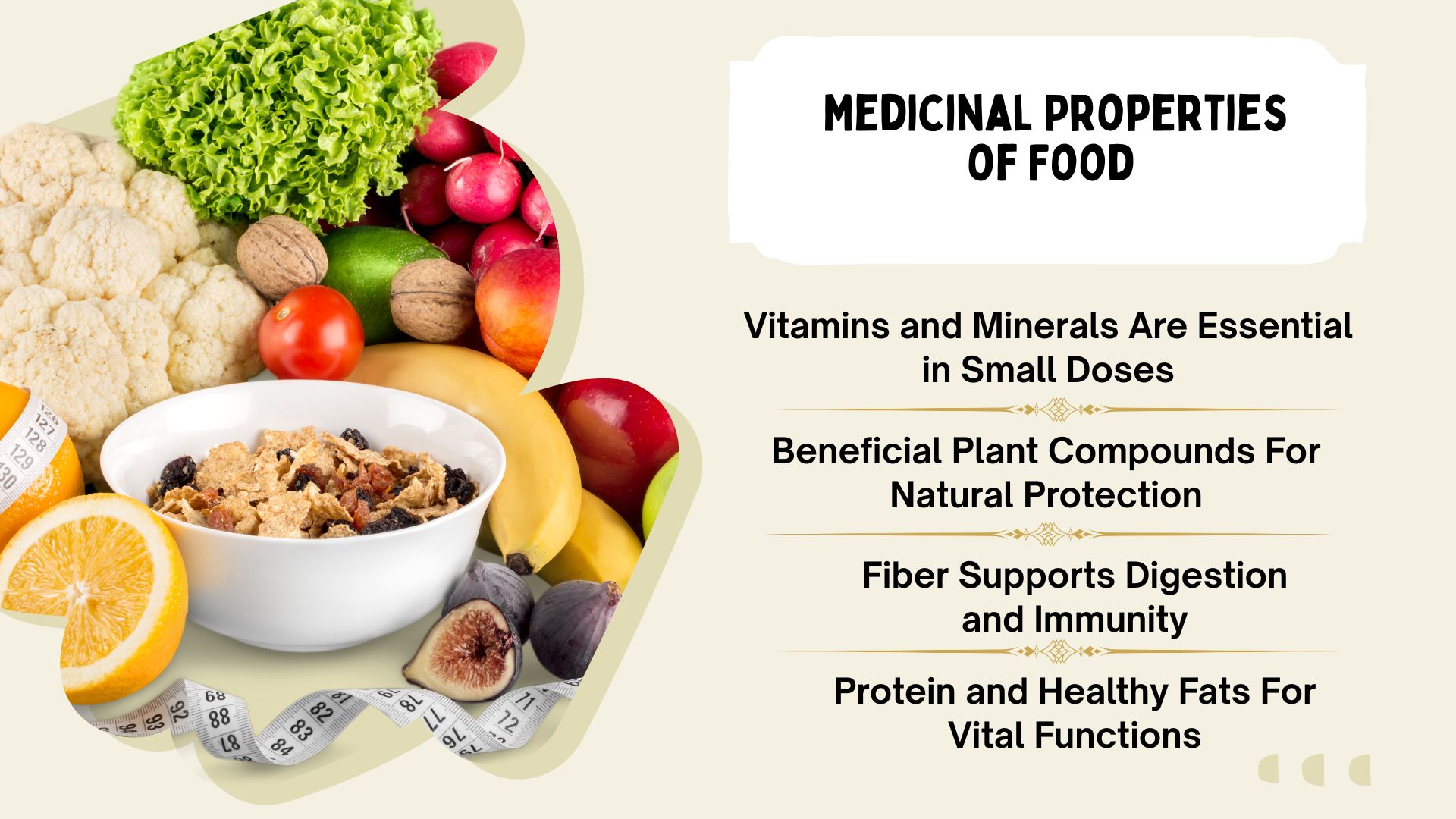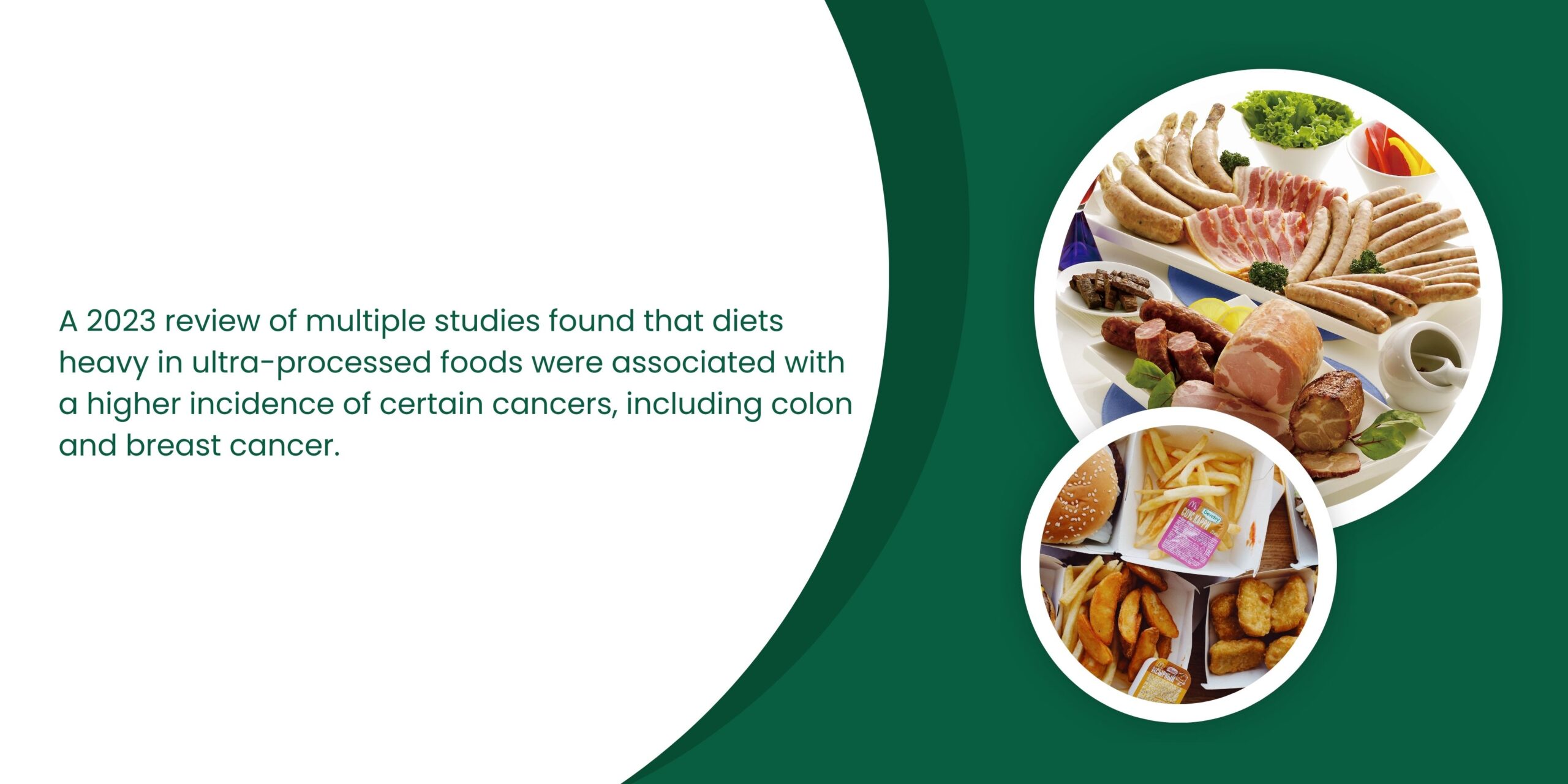Food as Medicine for Holistic Healing

Our food choices shape our health.
Evidence shows that diet impacts our susceptibility to various diseases. While many dietary patterns may increase the risk of chronic illnesses, others have therapeutic and protective benefits, leading many to view food as medicine. However, it’s important to recognize that diet alone cannot always replace conventional medical treatment.
Although dietary and lifestyle adjustments can prevent and manage numerous health issues, they aren’t universally effective. Further, access to nutrient-rich whole foods, often expensive, presents a challenge for many.
Medicinal Properties of Food
Nutrients in food are fundamental for both nourishing and defending your body against illness.
The combination of compounds in whole, unprocessed foods delivers health benefits that supplements alone cannot match.

1. Vitamins and Minerals Are Essential in Small Doses
Though needed in small amounts, vitamins and minerals are vital for health. Western diets often lack these due to a reliance on ultra-processed foods, increasing disease susceptibility. For example, vitamin C deficiency leads to scurvy, with symptoms like weakness and anemia, treatable with early intervention. Similarly, widespread vitamin D deficiency impacts bone health, raising osteoporosis and fall risks, and weakens immunity, increasing infection vulnerability.
2. Beneficial Plant Compounds For Natural Protection
Fruits, vegetables, beans, and grains contain beneficial compounds like antioxidants, which protect cells from disease-causing damage. Polyphenol antioxidants may also lower the risk of dementia, heart disease, and high blood pressure, and research suggests a link to better mental health.
3. Fiber Supports Digestion and Immunity
Fiber is important for healthy digestion, elimination, and feeding beneficial gut bacteria. High-fiber diets from whole plant foods help prevent disease, reduce inflammation, and strengthen the immune system, while low-fiber intake increases the risk of conditions like colon cancer and stroke.
4. Protein and Healthy Fats For Vital Functions
Protein (through amino acids) supports immunity, muscle growth, metabolism, and development. Healthy fats provide energy and aid nutrient absorption. Omega-3s, found in fatty fish, help regulate inflammation and benefit heart and immune health.
Decrease The Risk With A Healthy Diet
Eating a nutritious diet can lower your chances of developing diseases, while diets high in processed foods may increase them. For example, consuming a lot of sugary drinks, fast food, and refined grains is linked to a greater risk of heart disease, diabetes, and obesity. These foods can negatively affect gut bacteria, increase insulin resistance and inflammation, ultimately raising overall disease risk.

Fueling your body with nutritious foods acts as a powerful shield against disease. In contrast, studies highlight how diets brimming with plant-based goodness and minimal processed items can significantly bolster your well-being.
Consider the Mediterranean diet, a vibrant assortment of healthy fats, whole grains, and colorful vegetables. It’s strongly associated with a lower likelihood of heart disease, neurodegenerative conditions, diabetes, specific cancers, and obesity, according to reliable sources.
Beyond the Mediterranean, other dietary approaches have disease-protective qualities. These include plant-based, whole foods-based, and paleo diets, all backed by research.
Intriguingly, some dietary shifts can even turn the tide on existing conditions. For instance, plant-based diets have shown promise in reversing coronary artery disease, while very low-carb approaches may lead to the remission of type 2 diabetes for some individuals.
The benefits extend beyond physical health. Nutritious eating patterns, like the Mediterranean diet, are linked to a greater sense of well-being and lower rates of depression compared to typical Western diets. They might even contribute to a longer life.
These findings show that a strong dietary foundation serves as a form of preventive medicine.
It’s important to acknowledge that access to food is shaped by social, economic, and political landscapes. Food insecurity and limited access to affordable, nutritious options can unfortunately increase an individual’s risk of certain health problems, disproportionately impacting historically marginalized communities.
Can Food Be A Cure-All?
While your dietary choices significantly influence your health, preventing or increasing the likelihood of certain diseases, it’s important to understand that food alone cannot prevent or treat every ailment.
Numerous factors beyond diet play an important role in your overall health and disease susceptibility. These include your genetic makeup, stress levels, exposure to pollution, age, infections, workplace hazards, and lifestyle choices like exercise habits, smoking, and alcohol consumption. Food simply cannot counteract the effects of certain lifestyle choices, genetic predispositions, or other elements that contribute to disease development.
It’s important to recognize that food should not be considered a substitute for prescribed medication. Modern medicine has made remarkable advancements in treating and managing diseases, often saving lives. Since healing is a multifaceted process that extends beyond diet and lifestyle, choosing to forgo potentially life-saving medical treatment in favor of solely focusing on dietary changes can have serious and even fatal consequences.
Be Cautious of Misleading Claims
While scientific evidence supports the idea that food can positively influence various health conditions, be wary of companies that promote extreme diets, supplements, or other methods as cures or treatments for diseases. Often, these claims lack scientific backing and can be financially burdensome. It’s important not to replace conventional medical treatments, such as chemotherapy, with unproven alternative diets, as this could lead to severe health complications.
